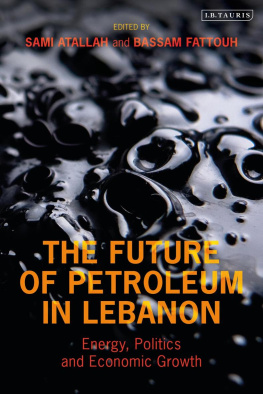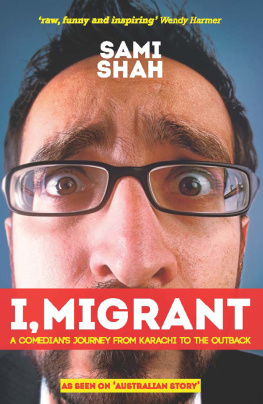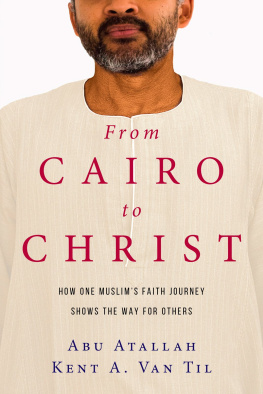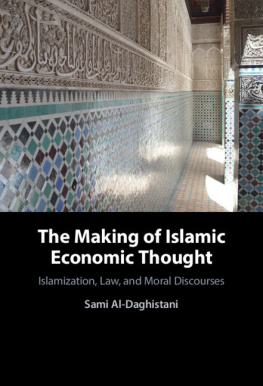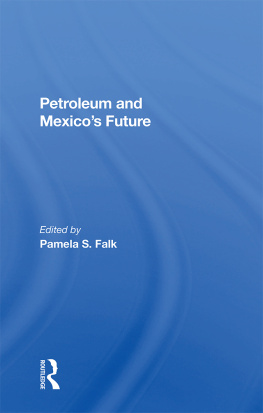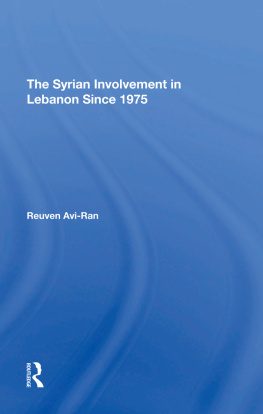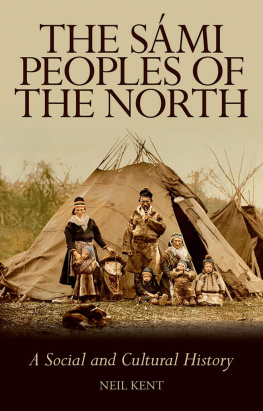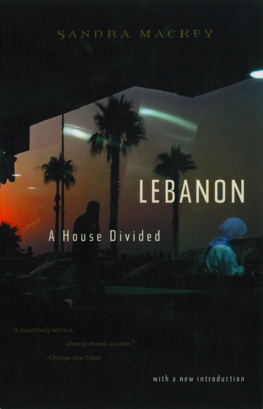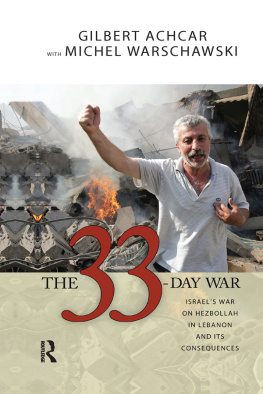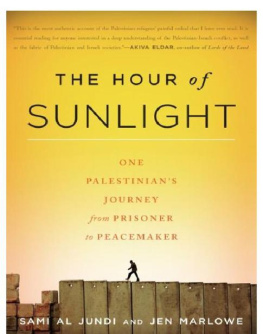Contributors
Dima Alhaj is Senior Environmental Engineer with more than ten years of experience conducting environmental studies including institutional and legal framework assessments, strategic environmental assessments, and environmental impact assessments for onshore and offshore petroleum activities for major oil companies including Total, Petro Canada, Ina, SNG EastMed, PetroChina, CNOOC, and others.
Sami Atallah is Director of the Lebanese Center for Policy Studies (LCPS). He is currently leading several policy studies on the governance of the Lebanese oil and gas sector, economic diversification, electoral behavior, political and social sectarianism, and the role of Lebanese municipalities in addressing with the Syrian refugee crisis. Prior to joining LCPS, Atallah served as a consultant for the World Bank, the European Union, and the United Nations Development Programme in Syria and Saudi Arabia. He holds two masters degrees, in international and development economics from Yale University and in quantitative methods from Columbia University.
Jad Chaaban is Associate Professor of Economics at the American University of Beirut. Previously, he worked as an economist at the World Banks Middle East regional office, where he conducted research related to poverty reduction and economic management in Lebanon, Syria, Jordan, and Egypt. Dr. Chaaban holds an MBA from the European School of Management, and a masters degree in Agricultural, Environmental and Natural Resources Economics and a PhD in Economics from the Toulouse School of Economics (TSE) in France.
Ata Richard Elias is Assistant Professor of Geology at the American University of Beirut specializing in the geology of the Eastern Mediterranean. His work includes detailed geophysical exploration of the Levantine Basin. He has worked for Lebanese governmental institutions on offshore petroleum exploration projects and since 2008 has frequently lectured on regional geology both locally and abroad. Dr. Richard Elias holds a PhD in Geophysics from the Institut de Physique du Globe de Paris.
Nancy Ezzeddine is Economic Researcher at the Lebanese Center for Policy Studies working on issues related to socioeconomics. Prior to joining LCPS, she worked at the Economic and Social Commission of Western Asia in Lebanon in the field of social, economic, and sustainable development. Ezzeddine holds a masters degree in finance and development from the School of Oriental and African Studies at the University of London as well as a BA in Economics from the American University of Beirut.
Bassam Fattouh is the Director of the Oxford Institute for Energy Studies; a research fellow at the Lebanese Center for Policy Studies (LCPS) and at St Antonys College, Oxford University; and Professor at the School of Oriental and African Studies (SOAS). His work has been published broadly and covers topics such as international oil markets, the oil pricing system, and natural gas markets in the MENA region. Dr. Fattouh holds a PhD in economics from SOAS, University of London.
Jana Harb is Economic Analyst at the World Bank who previously worked as a researcher at LCPS. Prior to joining LCPS, she held research assistant positions at the American University of Beirut (AUB) and worked for the World Bank funded Fiscal Management Reform Project at the Lebanese Ministry of Finance. Harb holds a masters degree in development economics and public policy from the Toulouse School of Economics and a BA in economics from AUB.
Zeina Hasna is a PhD candidate in the Faculty of Economics at the University of Cambridge and a research associate at the Lebanese Center for Policy Studies working on macro-economic development and diversification. She is a teaching fellow at Cambridge and a research assistant at the Keynes Fund, where she works on the distributional effects of climate change mitigation policies. Hasnas past research has focused on the spillover effects of oil discoveries on countries economic structures and diversification statuses using the product space approach.
Zeina Hawa worked as a researcher at the Lebanese Center for Policy Studies on the oil and gas sector and political representation. Prior to that, she worked on projects such as establishing a natural resource governance hub in the MENA region, focused on training, research, and networking; designing a survey to assess the knowledge and positions of parliamentarians in Lebanon; and developing online portals for oil and gas in the MENA and parliamentary monitoring. Hawa has a Master of Engineering in Environmental Engineering from University College London.
Laura El-Katiri is research fellow at the Oxford Institute for Energy Studies. Her research focuses on energy policy and the management of natural resource wealth in resource-rich economies, with a particular focus on the Middle East and North Africa. Katiri has been published widely on issues including oil and development in the Arab world, domestic energy market and pricing reform, and energy poverty. She holds degrees from St Cross College at Oxford University, and Exeter University.
Ricardo Khoury is an environmental engineer with nearly twenty years of experience who has worked for more than twelve years delivering environmental services to the oil and gas sector. As the managing partner and head of the environmental division at ELARD consultancy group, he regularly provides environmental advice and consultancy services to governments, international oil companies, national oil companies, and FEED and EPC contractors. Khoury holds a masters degree in environmental engineering and water resources management from the American University of Beirut.
Reinoud Leenders is Reader in international relations and Middle East studies in the War Studies Department at Kings College London, and an LCPS fellow. His research interests and teaching are focused on Middle East politics generally, and on Syria, Lebanon, and Iraq in particular. Dr. Leenderss work focuses on the political economy of corruption, authoritarian governance, refugee issues, and conflict. He authored the book Spoils of Truce: Corruption and State Building in Post-War Lebanon (2012) and holds a PhD from the School of Oriental and African Studies (SOAS), University of London.
Valrie Marcel is an associate fellow at Chatham House and has extensive experience in the fields of oil and gas and international relations. As an expert on national oil companies, petroleum sector governance, and emerging oil and gas producers, she led energy research at Chatham House from 2002 to 2007 and authored the book Oil Titans: National Oil Companies in the Middle East (2006) as well as the recent Chatham House research paper The Cost of an Emerging National Oil Company. Dr. Marcel holds a PhD from Sciences Po, Paris.
Leslie Marshall is a PhD candidate in Political Science at the University of Pittsburgh and a graduate student affiliate with the Economic and Social Rights Research Group of the University of Connecticuts Human Rights Institute. Her research focuses on the political economy of development, political representation and accountability, and mobilization for economic and social goods provision.
Carole Nakhle is Director of Crystol Energy (UK), an LCPS research fellow, and a scholar at the Carnegie Middle East Center. She has worked in the oil and gas industry (Eni and Statoil), policy making (Special Parliamentary Advisor in the House of Lords), academia (University of Surrey), and as a consultant to the IMF, World Bank, and Commonwealth Secretariat. Dr. Nakhle is program advisor to the Washington-based International Tax and Investment Center (ITIC) and holds a PhD in energy economics from the University of Surrey.


